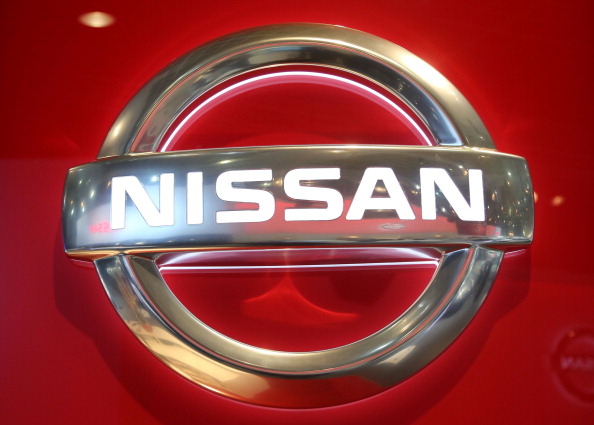Sometimes you hear about a new invention in the works that just blows your mind with how crazy it sounds. But what about an invention that reads your mind, too? As it turns out, Nissan has that just about figured out now.
Specifically, Nissan is working on a vehicle that could read mental signals using a Brain-to-Vehicle (B2V) system in order to increase driver reaction times by knowing what the driver wants to do before they can physically move to do it. Adjustments to the operator’s driving wouldn’t be too extreme, at least not at first. Instead, by anticipating driver reactions to what is happening on the road, and where they want to go next, the vehicle could slightly cut down on turning and acceleration reaction times by around half a second. This doesn’t sound like much, but over time it would add up and in emergency situations it could save lives, all while remaining barely perceptible. It would be something akin to a happy medium in order to introduce drivers to the concept and acclimate them to driving with a car that is reading their thoughts like an instruction manual.
This is in part due to a recognition of the fear that some people might have of giving up their autonomy in the driving process to man-made machinery. Nissan’s executive vice president Daniele Schillaci responded to this worry by assuring drivers of the following: “When most people think about autonomous driving, they have a very impersonal vision of the future, where humans relinquish control to the machines. Yet B2V technology does the opposite, by using signals from their own brain to make the drive even more exciting and enjoyable. Through Nissan Intelligent Mobility, we are moving people to a better world by delivering more autonomy, more electrification and more connectivity.”
Of course, this wouldn’t just be useful for improving driving efficiency on the road. It could also be helpful in making drivers feel more comfortable within the vehicle by reading their minds to see what they need adjusted internally. The temperature could move itself to heat up or cool down the interior of the car, the radio could flip through channels automatically, or the seats could move themselves around to better fit the driver’s personal style and body positioning. The possibilities for the new technology really would be endless, literally only limited by the imagination of the drivers.





